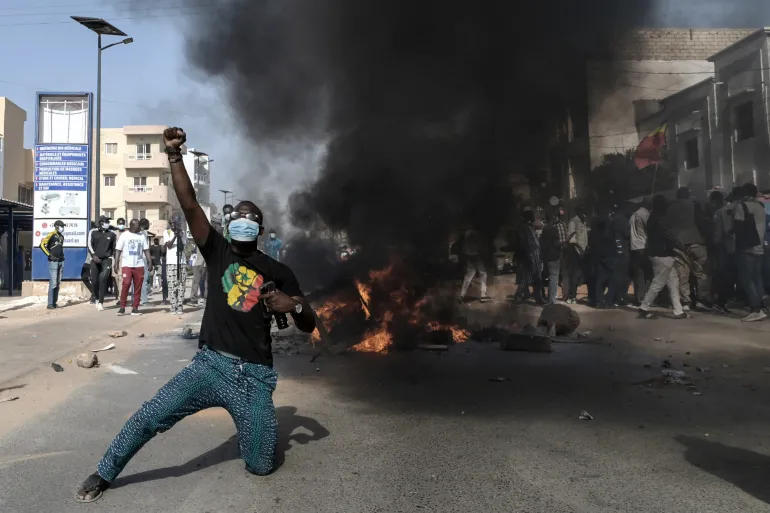So-called earthquake diplomacy is a potential opportunity for Ankara and Athens to mend fences after elections in both countries this month. That seems to be the prevailing theory in the US State Department, after earthquakes in February killed tens of thousands of people in Turkey and left 1.5 million homeless.
“It is in everyone’s interest here to work towards peace,” said US Ambassador to Greece George Tsunis at the Delphi Economic Forum on April 27. “At the end of the day, actions have not followed election-year rhetoric. There is a desire on both sides of the Aegean to seek peace and compromise.”
Greece was the first country to send emergency assistance and extraction teams to Turkey, and the foreign and defence ministers of both countries have since met and proclaimed improved relations.
But that could be skin deep.
After expressing his condolences for a rail disaster in late February that killed 57 people in Greece, Turkish President Recep Tayyip Erdogan restated Ankara’s disputes about Greek sovereignty over the east Aegean islands. So did his foreign minister, Mevlut Cavusoglu.
Last year, Erdogan’s junior coalition partner caused a stir when he published a map depicting some islands as Turkish. And last month, Erdogan followed suit in a television campaign ad.
Greek Prime Minister Kyriakos Mitsotakis dismissed those maps as “provocative, unacceptable and ridiculous”. His defence minister, Nikolaos Panagiotopoulos, said their publication was a sign of the fact that “long-term Turkish goals don’t change”.
Nonetheless, there is a persistent rumour that after Turkey’s May 14 elections and Greece’s May 21 vote, the US will encourage Germany to undertake a diplomatic initiative to get Greek-Turkish talks going.







